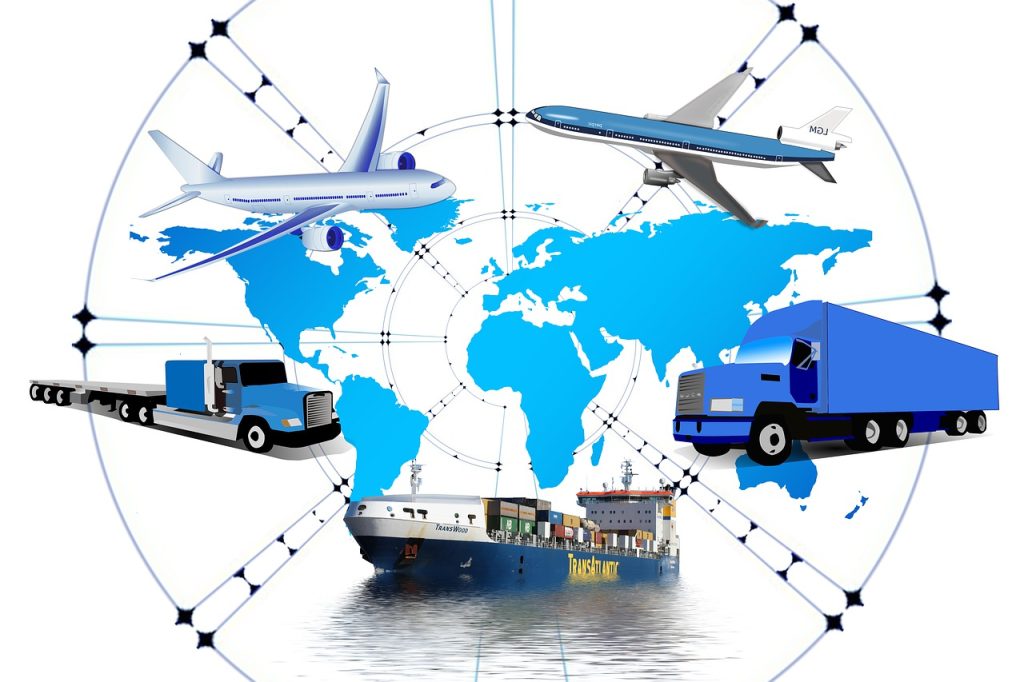In today’s dynamic business landscape, logistics services play a pivotal role in ensuring the smooth flow of goods and services across the globe. With technological advancements, shifting consumer expectations, and evolving market dynamics, logistics providers must continuously adapt and innovate to thrive in this ever-changing environment. One of the key challenges facing logistics companies is the rapid advancement of technology. Automation, artificial intelligence, and data analytics have revolutionized the industry. To adapt and thrive, logistics providers must invest in cutting-edge technology to enhance efficiency and accuracy in their operations. Automated warehouses with robotic systems, real-time tracking and monitoring, and predictive analytics are becoming the norm.

These technologies not only streamline processes but also reduce costs and improve customer satisfaction. Furthermore, the rise of e-commerce has transformed consumer expectations. Customers now demand faster, more reliable, and cost-effective shipping options. To meet these demands, logistics companies must optimize their last-mile delivery strategies. This involves using data-driven routing, leveraging alternative delivery methods such as drones and autonomous vehicles, and partnering with local distribution centers. By adapting to these changes, logistics services can not only meet customer expectations but also gain a competitive edge in the market. The globalization of supply chains has also added complexity to the logistics landscape. Political instability, trade tensions, and natural disasters can disrupt supply chains, causing delays and increased costs. To thrive in this environment, logistics providers must develop agile and flexible supply chain strategies. This may involve diversifying sourcing locations, implementing risk mitigation measures, and having contingency plans in place. As technology evolves, logistics solution needs skilled employees who can operate and maintain advanced systems.
Additionally, strong partnerships with suppliers and a robust network of transportation options can help navigate these challenges effectively. Environmental sustainability is another critical consideration in today’s business landscape. Consumers and businesses alike are increasingly conscious of their carbon footprint, and they expect logistics services to do the same. To thrive, logistics providers must adopt eco-friendly practices, such as optimizing routes to reduce fuel consumption, using electric and hybrid vehicles, and exploring renewable energy sources for their facilities. Green logistics not only align with environmental concerns but also appeal to eco-conscious customers and can lead to cost savings in the long run. In the age of information, data security is a paramount concern for logistics providers. The digitalization of supply chains has made them vulnerable to cyber threats and data breaches. To thrive, companies must invest in robust cybersecurity measures, including encryption, threat detection systems, and employee training. Protecting sensitive data not only safeguards business operations but also builds trust with customers and partners. Continuous training and up skilling are essential to keep the workforce competitive and innovative. Moreover, attracting and retaining top talent in a competitive job market is crucial for long-term success. By doing so, they can not only adapt to the challenges of today but also position themselves for success in the logistics industry of the future.